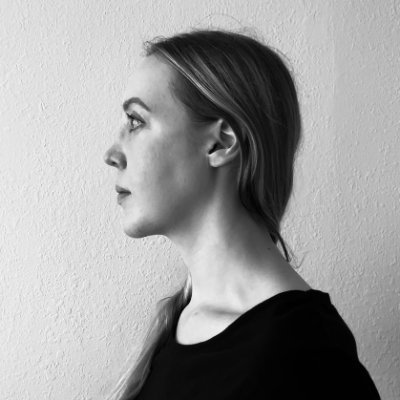Sometimes it feels like love does not exist.
That no one really cares about anyone else.
That we’re all just trying to get things from each other.
Sex.
Affection.
Help meeting our goals.
Entertainment.
Social status.
Assessing:
What is your value to me?
What is my value to you?
Transactional —- Unconditional
It’s scary to be without the care of other people.
I think men are socialized to chase money because, deep down, they believe it will make everyone love them.
The same way women are socialized to chase beauty.
A guarantee that people will want you around.
A safeguard against embarrassment, judgment, rejection.
A shield.
I think about relationships as being on a spectrum between “transactional” and “unconditional.”
In truth, all adult relationships are at least somewhat transactional.
They ought to be.
A truly unconditional relationship could be fatal. See: abuse.
In any case, all non-family relationships begin as transactional:
Someone wanting something from the other.
Dating apps are the transactional side of the spectrum slapping us all in the face.
Like trying to order a person from a menu.
“Will this one make me look good, entertain me, give me financial stability, have my children?”
Not the end of the story, though.
Have you ever met one of those married-for-50-years, cute old couples who recounts the way they met like – “He whistled at me from his car”?
Sexual attraction, infatuation.
Attachment, entanglement.
Family traditions, grandkids, death beds.
“I like your butt.” Then, “I’d die for you.”
Transcendence
I think the marker of a close relationship is grace.
Here’s a few dictionary definitions of the word:
- A disposition to kindness and compassion
- Favor or good will
- Mercy; clemency; pardon
Brene Brown, the researcher and author, uses a metaphor of a marble jar: marbles put in in good times, taken out in bad.
You build up a store of goodwill and trust. You cash out when you need to.
Earned grace.
Tit for tat.
You scratch my back, I scratch yours.
But there’s something else too.
The way it feels to be a steward of something.
The Little Prince who loves his cactus more than any other because it’s the one he waters.
How it feels to take care of the people who are “ours.”
Which brings me to that thing that happens. Between two people.
The attachment bond.
How with familiarity and escalating exchanges of attention, disclosure, and reliance, you become “we.”
You can watch a guy in a movie get his head blown off and feel bored. But the people we become attached to —
The people we love —
To lose them is like losing part of yourself.
In one light: selfishness. The desire to claim them, to find safety in them.
(To our sensitive nervous systems, co-regulation – to be near and assured and comforted by another – is strong medicine.)
In a different light: selflessness. To feel concern for something outside yourself.
Why is almost all of our music about love?
Why does all our happiness research converge around it?
We are these threat-sensitive, twitchy creatures programmed to survive. To cooperate insofar as it promotes our survival.
But love is a taste of something other-worldly.
Our attachments to each other are the closest thing we have to self-transcendence.
Insecurity/Stability
I read a paper recently about unfaithful romantic partners – why they do it.
Many of the terms the authors used were cutting:
“Relative mate value.”
”Relationship load.”
Our tenderest human fears seared into black text on a white page.
“No one wants you.”
“You’re too much.”
I’ve found that a healthy life often requires holding two truths that seem contradictory on the surface.
This is one of those:
Relationships are everything. Relationships can end.
Some partner choices are more conducive to lasting love.
But even still —
Anyone can die.
We need both interdependence and a strength that comes from within.
Not codependence.
Codependence is like needing another person to inflate and deflate your lungs.
Without the other person, you crumble.
Healthy interdependence is when one capable, autonomous being reaches out to another.
Two people standing on their own feet. With the occasional fall and lean and limp. But no one is perpetually propped up by the other.
To be strong enough to stand up on our own, we have to love ourselves first. Give ourselves grace. Be our own faithful steward.
I used to think that talk like that was a cover for self-centeredness.
But now I see that if I treat myself transactionally – as something to control and “get” from – I treat others that way too.
When I show grace to myself, I prove that love is possible.
I set a standard.
I change, and the change in me changes others.
Love becomes real.
